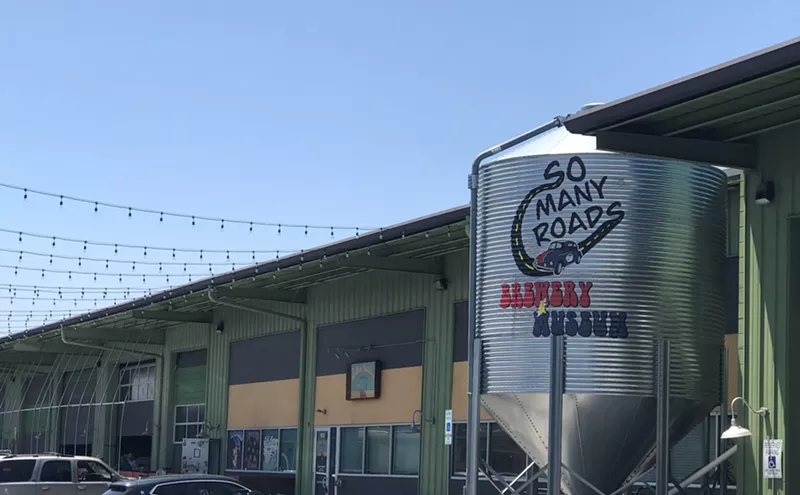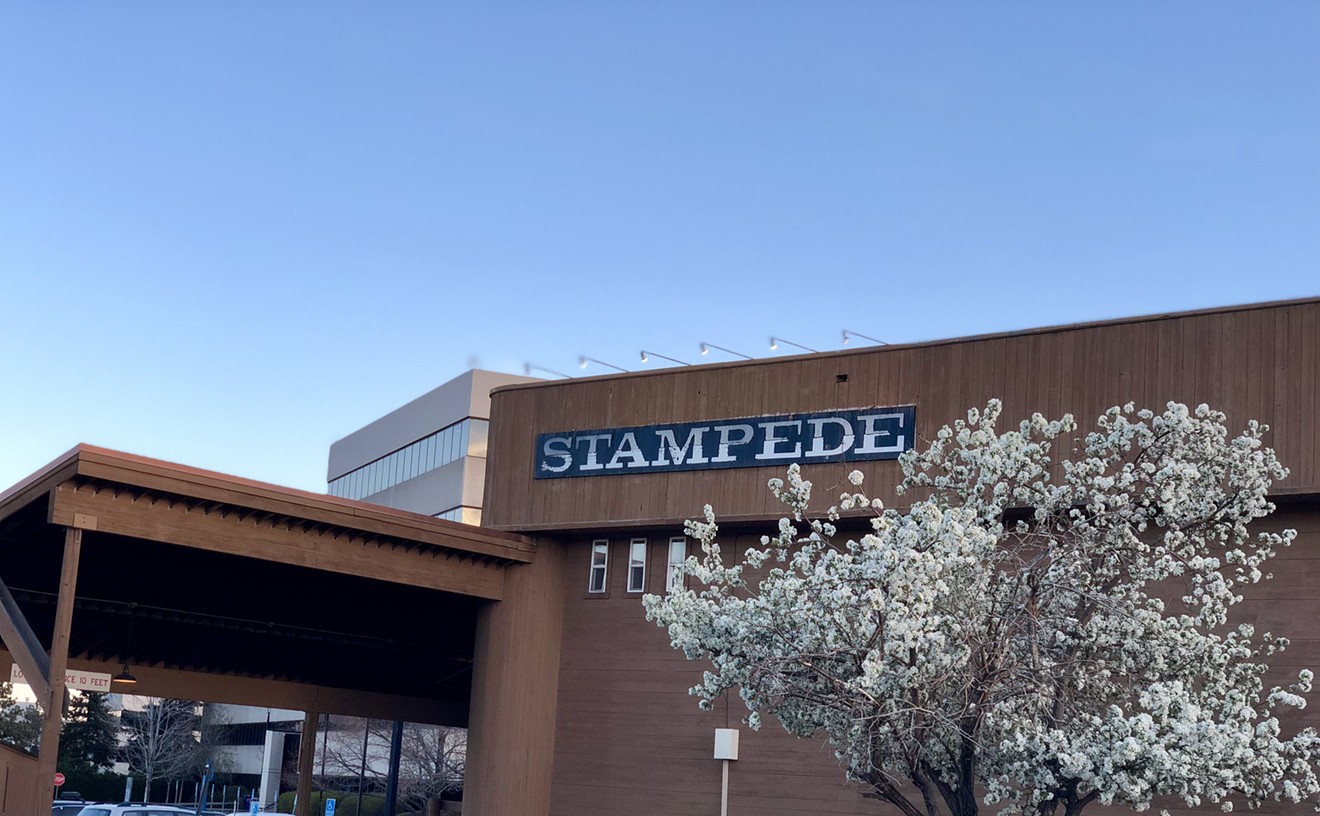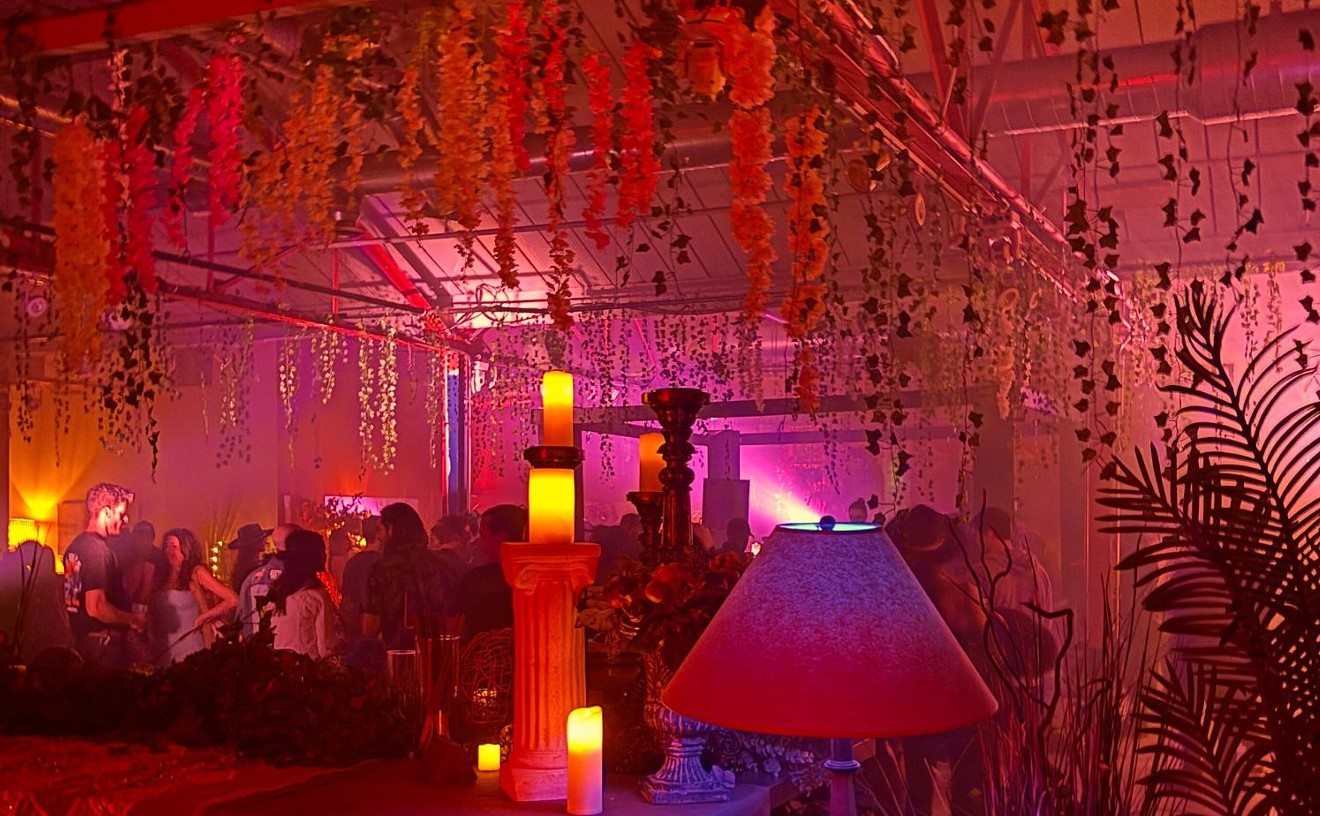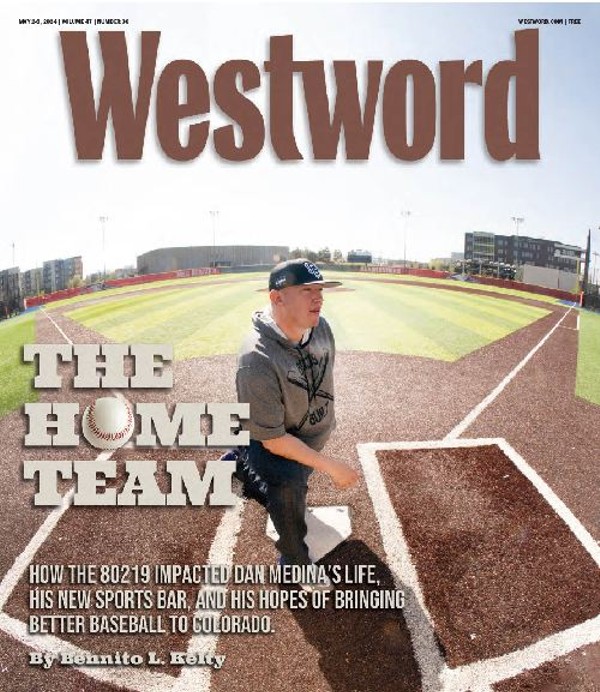Master jazz organist Dr. Lonnie Smith (who’s due tonight, March 30, and Tuesday, March 31, at Dazzle) says the Hammond B-3 is a part of him, that it’s an extension of himself. He’s been eating and breathing the organ for the last five decades, since starting to play it in his early twenties. “My angel gave me that organ,” Smith says. “Art Kubera was my angel.”
Smith, who had been singing in a band with his brothers, would go to Kubera’s music store in Buffalo, New York (where Smith grew up) every day at closing time.
“One day he asked why I come in every day and why I would just sit until closing time,” Smith recalls. “I said if I had an instrument and I could learn how to play it, I could make a living. One day I went in, and he closed the doors and took me into the back, and there was a brand-new Hammond Organ. He said you get this out of here, and I did.”
Smith schooled himself by listening to albums by organ aces like Wild Bill Davis, Bill Doggett and Jimmy Smith. Learning the organ came quite naturally for him.
“It was meant to be,” he says. “I’m at home with it. It’s part of me. It’s an extension of me — of my arms, of my heart. Everything. The organ says everything that I want it to say. We’re together.”
Not too long after he started playing, he was hitting the road with groups and playing behind Motown bands that would come through Buffalo. About a year after Smith started playing, guitarist George Benson took the organist on the road with him and recorded with him several times. During his tenure with Benson, guitarist Grant Green tried to persuade Smith to tour and record with him, but he pledged his allegiance to Benson.
Following his debut Finger Lickin’ Good, released on Columbia in 1966, Smith went on to record five stellar discs over the next four years on Blue Note, including Think! and Drives and Live at Club Mozambique, which were steeped in groove-laden soul-jazz. On 2013’s In the Beginning Volumes 1 & 2, Smith reimagined a dozen songs from his first decade as a recording artist. He says playing his early material for the double album took him back to his early recording days.
“Oh, it takes you right there, and it feels good,” he says. “The thing about the music is that I try to play music that I like and it feels good. It don’t have nothing to do with — you know, some people record and do things because they want to show off. Your feel, your craft — you want to let the people hear your craft. You study all the time, so you have a tendency to want to do that. It’s not about that. It’s basically you just don’t let the feeling go. You’ve got to play from your heart. I tell all my students, ‘You play life.’ It’s not about all that stuff. You play life.”
Smith’s quote rings especially true on his spirited 2012 live album, The Healer, his first disc on his Pilgrimage label, that displays his zeal for playing music while also showing what a well-versed musician he is. Smith digs in with a fervent passion on the burner “Beehive,” and he shows what a guru of the groove he is on “Dapper Dan." There's also a gorgeous rendering of Billy Stayhorn’s ballad “Chelsea Bridge," and Smith, who was steeped in gospel as well as jazz at an early age, flaunts his gospel chops on "Pilgrimage."
There’s bound to be more of that on Smith’s new album, which he recorded last weekend in New York City with his trio, which includes the guitarist Jonathan Kreisberg and rotating drummers Johnathan Blake and Joe Dyson, as well as guests like saxophonists Joe Lovano and John Ellis and trumpeter Maurice Brown.
[
{
"name": "Air - MediumRectangle - Inline Content - Mobile Display Size",
"component": "12017618",
"insertPoint": "2",
"requiredCountToDisplay": "2"
},{
"name": "Editor Picks",
"component": "17242653",
"insertPoint": "4",
"requiredCountToDisplay": "1"
},{
"name": "Inline Links",
"component": "18838239",
"insertPoint": "8th",
"startingPoint": 8,
"requiredCountToDisplay": "7",
"maxInsertions": 25
},{
"name": "Air - MediumRectangle - Combo - Inline Content",
"component": "17261320",
"insertPoint": "8th",
"startingPoint": 8,
"requiredCountToDisplay": "7",
"maxInsertions": 25
},{
"name": "Inline Links",
"component": "18838239",
"insertPoint": "8th",
"startingPoint": 12,
"requiredCountToDisplay": "11",
"maxInsertions": 25
},{
"name": "Air - Leaderboard Tower - Combo - Inline Content",
"component": "17261321",
"insertPoint": "8th",
"startingPoint": 12,
"requiredCountToDisplay": "11",
"maxInsertions": 25
}
]











